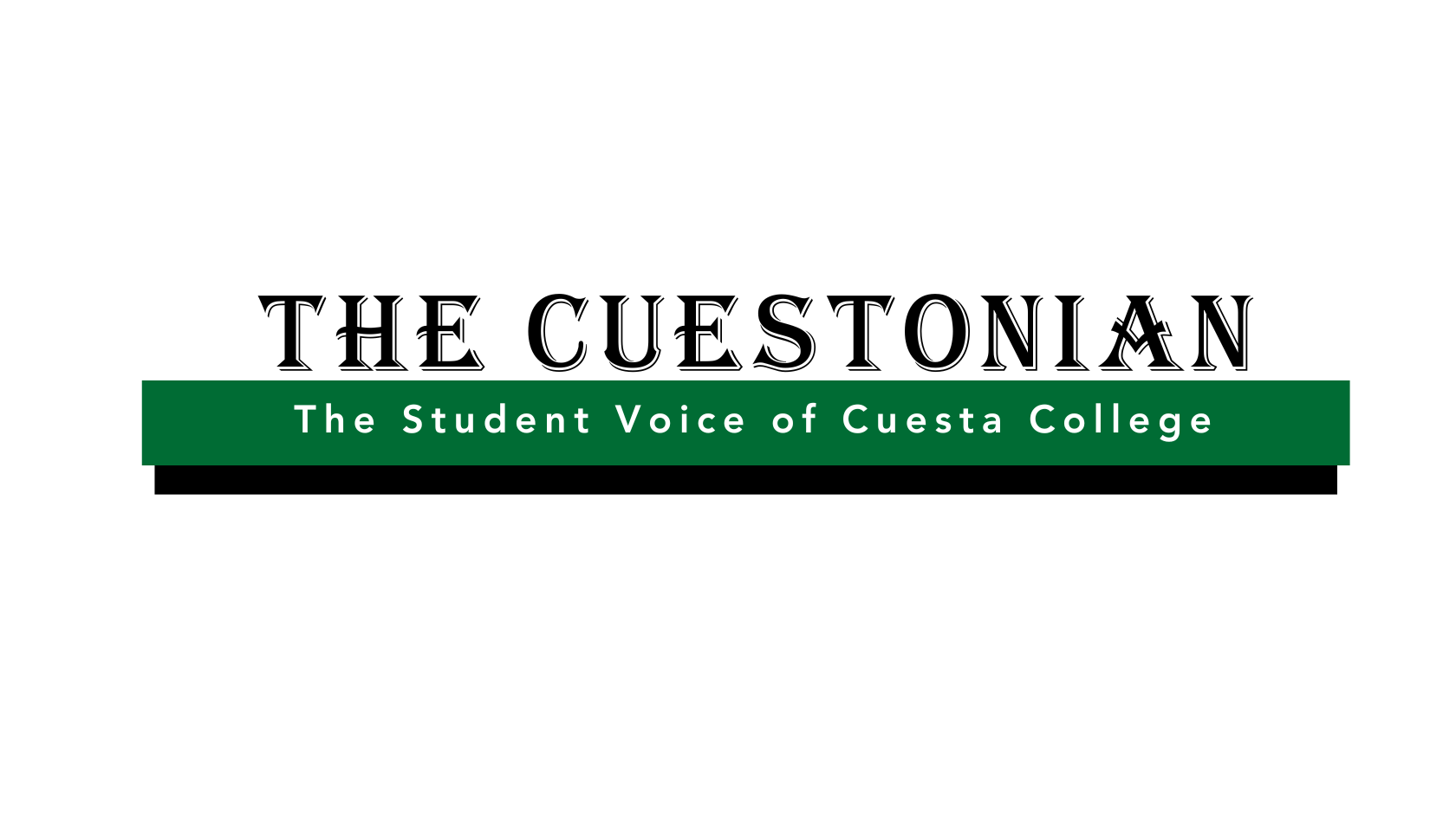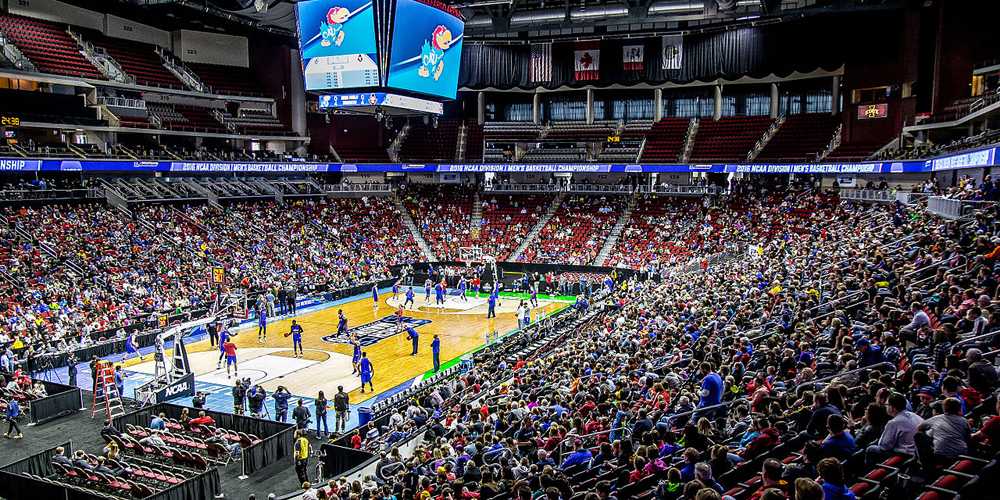A big crowd was on hand for the free practice sessions before the 2016 NCAA basketball tournament gets underway.
Photo courtesy of Phil Roeder / Creative Commons
By Stephen Kondor & Rachel Barnes
Staff Writer & Editor-in-chief
The NCAA has seen over 30 universities come under investigation for corruption in their athletic programs.
There have been widespread reports of allegations of FBI wiretaps into top programs around the country searching for bribery attempts in order to sign sports recruits.
However, Cuesta has not had to deal with this issue, according to Peter Schuler, Cuesta’s kinesiology and athletics coach. He doesn’t want to change the equal opportunities students have to participate in the program.
Top recruits from other places, like Shareef O’Neal, future NBA Hall of Famer Shaquille O’Neal’s son, decommitted from the University of Arizona and committed to University of California at Los Angeles because of the pressure of the investigation.
This has opened up larger systemic issues in the NCAA and college sports.
In February, an “Outside the Lines†investigation was done by ESPN which uncovered widespread denial and corruption at Michigan State University, where there was also sexual assault reports dating back years.
“Without a clear process [the NCAA] seems to be getting in trouble with the FBI,†Schuler said.
The NCAA outlines regulations that say players at Division I schools are not allowed to hold jobs because they conflict with practice schedules. Student-athletes are also not allowed to profit off their own likeness in video games or profit off signing autographs.
Cuesta officials said the NCAA needs to decide for themselves if they are operating semi-professionally or professionally.
The athletes’ only support is the scholarship they receive. Cuesta’s Kinesiology Health Sciences and Athletics Division Chair Allison Merzon-Grant believes this is not enough compensation for the hard work student athletes put forth.
The PAC-12’s TV deal with Fox and ESPN nets them $3 billion over 12 years, according to Bruins Nation.
The starving student-athlete stereotype has become so real that outsiders are stepping in.
TV personality, father of NBA rookie Lonzo Ball and CEO and founder of Big Baller Brand Lavar Ball has created the Junior Basketball Association, which will invite top high school recruits to play in his televised league for a year instead of attending college.
Players will be salaried and expected to play as if it were their full time job.
Cuesta officials in the Athletics and Kinesiology department have varying opinions on paying students for the work they do on college teams.
The rumblings of something like this alone and the paper trail have gathered enough interest to make the NBA take notice.
Adam Silver, the Commissioner of the NBA, is reportedly looking into the possibility of expanding the NBA’s G-League to include players out of high school as an alternative to college.
Athletes of past and present have been speaking out against the NCAA since the rumors of FBI investigation were confirmed.
The NCAA is now uttered in the same sentence as cartel, slavery and indentured servitude by former athletes like Jalen Rose.
Rumors of a March Madness strike are floating about according to various news sources.
The NCAA’s operating budget receives 81 percent of its total revenue from March Madness, according to the NCAA website, and any strike would cause a world of hurt.
“It’s an insane amount of money and puts March Madness at a different level,†Schuler said.
Back in 2015, Mizzou saw their football team sit out of a bowl game for the schools inaction against racism on campus. This helped bring student athletes into a national view and ultimately the president Tim Wolffe’s resignation.
The program was fined $1 million and their president was on his way out that same week.
Reports of paying college athletes go back to the beginning, with some of the larger names like Reggie Bush and Pete Carroll being more recent.
“Let’s pay college players since everybody’s getting paid anyway,†Lonzo Ball said at a recent press conference.
Editor-in-chief Rachel Barnes contributed to this article.








